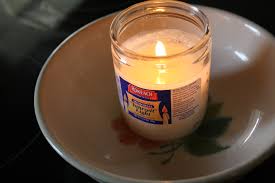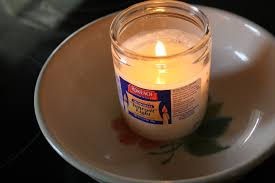Teach your Children Well
As parents, it is our job to teach our children many different things. These could include a simple please/thank you, being respectful of other people’s needs, treating guests properly, or basic table manners. Sometimes parents will consult their rav or the child’s teacher for some added insight or ideas on how to best instruct their children. However, for the most part, children seem to learn by instruction and by example – until they don’t.















